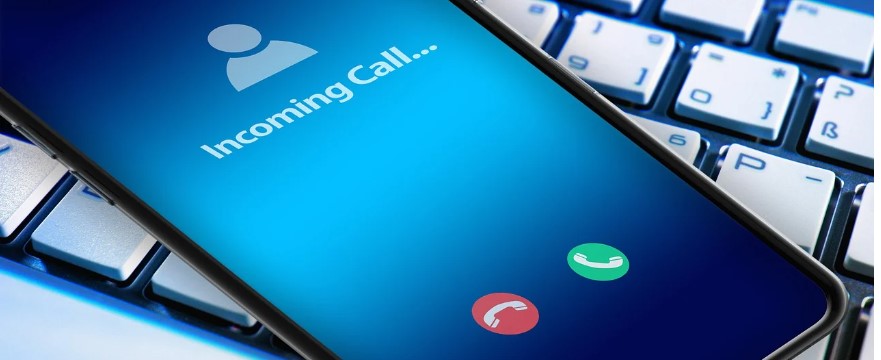
(Photo : pixabay.com)
- India's government has launched a system to block international calls posing as Indian numbers.
- The system blocked 90% of such calls within the first 24 hours of operation.
- The Department of Communications and telecom service providers collaborated to create this system.
- The government has also taken measures to prevent misuse of telecom resources, including disconnecting mobile connections and blocking mobile handsets used by cybercriminals.
In a significant move to combat cybercrime and protect citizens, the Indian government has launched a new system to identify and block incoming international calls posing as Indian phone numbers. The system, dubbed the 'International Incoming Spoofed Calls Prevention System', was launched by Union Minister of Communications, Jyotiraditya Scindia. This initiative is a part of the government's ongoing efforts to create a safe digital space and protect citizens from cybercrime.
The system was made operational recently, and within the first 24 hours, it identified and blocked about 1.35 crore or 90 per cent of all incoming international calls posing as Indian phone numbers. These calls were identified as spoofed and were prevented from reaching Indian telecom subscribers by telecom service providers (TSPs).
Spoofed calls are a form of cybercrime where criminals manipulate the calling line identity (CLI), commonly known as the phone number, to make it appear as if the call is originating from within India. In reality, these calls are made from abroad. Cybercriminals have been using this tactic to commit various crimes, including financial scams, impersonating government officials, and creating panic among the public.
The Impact of Spoofed Calls and the Government's Response
There have been instances where these spoofed calls have been used to threaten disconnection of mobile numbers by Department of Telecommunications (DoT)/TRAI officials, fake digital arrests, drugs/narcotics in courier, impersonation as police officials, and involvement in sex rackets. The new system aims to significantly reduce such spoofed calls, thereby providing a safer telecom environment for Indian subscribers.
The Department of Communications (DoT) and TSPs have collaborated to devise this system. Despite their best efforts, there could be cases where fraudsters succeed through other means. For such calls, the government has advised subscribers to report such suspected fraudulent communications at the Chakshu facility on Sanchar Saathi.
This initiative by the DoT is another step towards protecting citizens from cyber frauds. The system identifies and blocks incoming international calls, thereby preventing potential frauds. The Chakshu facility is a significant step towards safeguarding citizens from cyber fraud. By providing a streamlined process for reporting suspicious activities, it helps in the early detection and prevention of potential frauds, thereby protecting users from financial and personal losses.
Additional Measures and International Precedents
The government has also taken various measures to prevent the misuse of telecom resources. These include the disconnection of 33.48 lakh mobile connections and blocking of 49,930 mobile handsets used by cyber criminals in cyber-crime hotspots/districts of the country. About 12.02 lakh out of 21.03 lakh reported stolen/lost mobile phones have been traced. The government has also disconnected about 20,000 entities, 32,000 SMS headers, and 2 lakh SMS templates involved in sending malicious SMSs. About 11 lakhs WhatsApp profiles/accounts have been disengaged by WhatsApp which were linked to disconnected mobile connections taken on fake / forged documents. 71,000 Point of Sale (SIM Agents) have been blacklisted, and 365 FIRs have been registered in multiple States/UTs.
The government's move to block spoofed calls is not an isolated incident. Similar measures have been taken in other countries as well. For instance, Ofcom, the UK's communications regulator, has been testing new ways to detect and block spoofed numbers. They gave providers six months to implement their changes, which resulted in a 65% reduction in complaints about scam calls. Ofcom's proposed approach to CLI authentication essentially follows a similar mould to STIR / SHAKEN, a protocol developed by the Engineering Task Force (IETF) to combat spoofed calls.
* This is a contributed article and this content does not necessarily represent the views of btin.co.in









